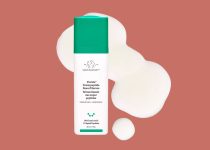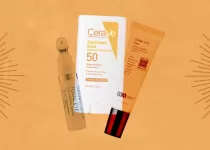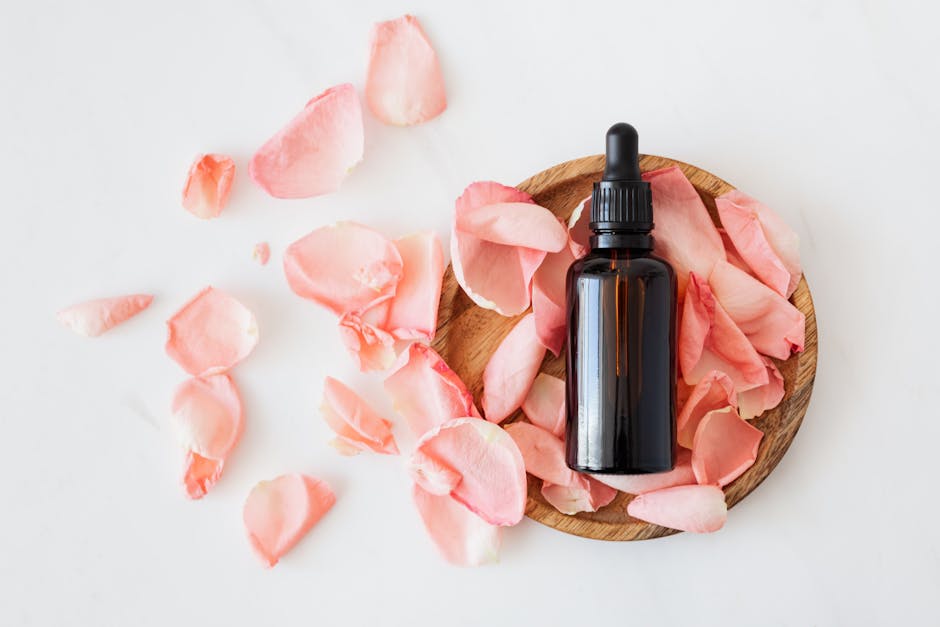73% Of Adults Struggle With Acne: Here&039;s What You Can Do
Acne is a common skin condition that affects people of all ages. It occurs when hair follicles become clogged with oil and dead skin cells. Acne can cause pimples, blackheads, whiteheads, and even cysts. While it is most common in teenagers, acne can affect adults well into their 30s, 40s, and even 50s.
There are many different treatments available for acne. The best treatment for you will depend on the type and severity of your acne, as well as your skin type. It's important to consult with a dermatologist to determine the best course of action for your specific needs.
For mild acne, over-the-counter treatments may be sufficient. These products typically contain ingredients like benzoyl peroxide or salicylic acid, which help to kill bacteria and dry out excess oil. Look for cleansers, toners, and spot treatments that contain these ingredients.
If over-the-counter treatments aren't working, your dermatologist may recommend prescription medications. Topical medications, such as retinoids, antibiotics, or combination creams, can be applied directly to the skin to reduce inflammation, unclog pores, and prevent new breakouts.
In more severe cases, oral medications may be necessary. Oral antibiotics can help to control bacteria and reduce inflammation, while hormonal therapies, such as birth control pills or spironolactone, can help to regulate hormone levels that may be contributing to acne.
In addition to medical treatments, there are also several things you can do at home to help manage your acne. These include washing your face twice a day with a gentle cleanser, avoiding harsh scrubs or exfoliants, and keeping your hair and hands away from your face.
It's also important to avoid picking or squeezing your pimples, as this can lead to scarring. If you do need to extract a pimple, be sure to do so gently and with clean hands.
Remember, acne is a treatable condition. With the right treatment plan and a consistent skincare routine, you can achieve clear, healthy skin. If you're struggling with acne, don't hesitate to reach out to a dermatologist for guidance and support.


